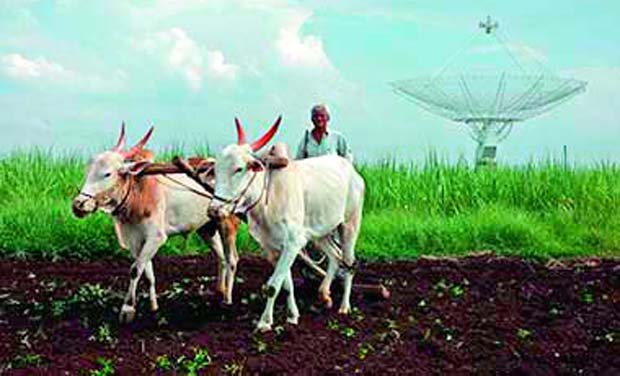Poor rains may not affect GDP: Deutsche Bank study

Mumbai: Contrary to all the dire predictions regarding the fallout of a deficient monsoon, a Deutsche Bank research report on India says in the event of a repeat of the poor June monsoon turnout, the agricultural sector growth will most likely suffer, but not as much as in the previous decades, when it had resulted in sharp decline in production. Moreover, the report says, “a poor agricultural sector growth outturn is unlikely to have any impact on overall GDP growth, given that the agricultural sector now contributes less than 15 per cent to total GDP.”
Moreover, the report said that weak rainfall does not have to imply poor inflation outlook. In 2002 and 2004, cumulative rainfall was down 19 per cent and 14 per cent respectively, but thanks to an effective undertaking by the government that saw large scale disbursement from food stocks, inflation remained under control. Over the past decade, poor rains have not necessarily caused high inflation.
Food prices generally tend to be high in July, but the spike in 2014 was striking at +3.6 per cent MoM. The Modi government responded with a number of administrative measures, like open market sale of key foodgrains, crackdown on hoarders, imposing restrictions on stocking limits of key vegetables etc., which helped food prices to eventually ease from September onward, but the uncertainty was damaging enough to make RBI postpone the rate cutting cycle.
The report emphasised that even in 2015, though the unseasonal rainfall during February and March have damaged the winter rabi crops food price inflation has behaved well so far due to the government’s efforts. However, if food prices rise significantly higher than what they have factored in, then, the report says, the rate cut decision could get delayed.

